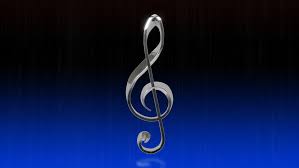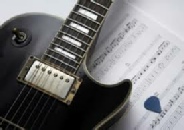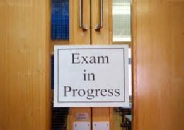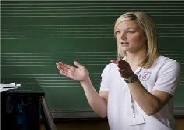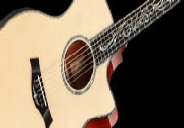





















Below is a list of the range of services available from Your Music Mentor. More detailed information can be obtained by clicking on the titles of each category

Need some help deciding or want to ask some questions? No trouble! Your Music mentor will be happy to help


Song writing
- Discovering sources of inspiration
- Understanding song structures
- Transforming ideas and emotion into music
- Setting lyrics to music
- Harmonising melodies
- Creating emotion with chord choice
- Expressing feeling with notes and harmony
- Improving chord knowledge and understanding which chords work together and why
- Developing a good melodic idea or first line into a great song
- Using composing shortcuts to make the songwriting process easier


Music theory
- Step-
by- step teaching systems to make the learning process straightforward and rewarding - Theory for your own personal needs; e.g. jazz, rock, classical, folk theory/harmony
- Single lessons and consults or continuing lessons and exam-
based theory courses - Short, intensive courses
Qualifications in music theory
Understanding music theory, the ‘language’ of music, not only demystifies the terms and symbols used to notate music, but is also an invaluable skill for any musician to have. Few serious musicians -
The task of learning guitar modes, also, is rendered simpler if approached from a basic theoretical position first, since the only alternative is to learn (and memorise) dozens of abstract-
The importance of learning music theory is exemplified by the major U.K. music examination bodies (such as The Associated Board (ABRSM)) in their stipulation that a performer cannot be presented for any practical grade above grade 5 unless he/she has first passed grade 5 theory of music.
Many inexperienced musicians form the preconceived idea that music theory is boring, or believe it must be difficult because of its complex-
With many years’ experience alleviating the concerns of theory students and guiding them towards pain-
From beginner to advanced levels, Your Music Mentor can provide:


Composing & Arranging
See also Songwriting
- Finding inspiration
- Creating melodies from initial ideas
- Discovering techniques for developing entire pieces from just a few notes
- Harmonising melodies in any style
- Creating effective accompaniments and bass parts easily (including counterpoint)
- Arranging music for various instruments and groups/ensembles
- Composing and arranging in all styles



Music Appreciation
- Medieval, Renaissance, Baroque, Classical, Romantic, Modern Classical and modern Popular styles.
- Musical styles and composers associated with the above periods.


Fret board Harmony
Specialist areas of study in which tuition is available include:
- Harmony in classical guitar music
- Rock, Jazz, Blues and Folk style harmony
- Harmonising a melody
- Chord construction
- Chord extensions made easy
- Counterpoint
- Score analysis


Guitar
- Playing classical, rock, folk, jazz and blues styles
- Reading music and tabs
- Improvising techniques
- Interpreting a piece of music
- Improving fluency, technique and speed
- Optimising musical performance with effective picking and fingering techniques
- Shortcuts to learning a piece and playing better
- Identifying and fixing problem areas
- Graded exams (grades 1-
8)
- Reading music and tabs
- Advice on individual pieces from the repertoire (fingerings, interpretation, shortcuts etc)
- Improving technique and articulation
- Practise techniques
- Tremolo, rasgueado, arpeggios
- Tone production
- Identifying individual issues that may be hindering progress
- Improving technique and picking
- Fast-
track methods to learning and memorising chords - Rhythm guitar
- Improvising
- Scales
- Rock, jazz and blues styles
- Practise techniques
- Advice on individual pieces
- Identifying personal issues that may be hindering progress
- Strumming and finger style accompaniments
- Rhythm guitar
- Fast-
track methods to learning and memorising chords - Finger-
picking melody with accompaniment - Folk, jazz and blues styles
- Practise techniques
- Advice on individual pieces
- Identifying personal issues that may be hindering progress
To discuss a lesson plan or make a booking, go to Contact page to get in touch with the mentor.








Post-
Your Music mentor can help with:
- Lesson planning
- School curriculum
- Setting up a private practice
- Strategies for approaching individual learning difficulties


Further Education & Music Conservatory
- Student mentoring
- Personal consultations
- Exam preparation
- Essay writing techniques

Classical guitar
Electric guitar
Acoustic guitar
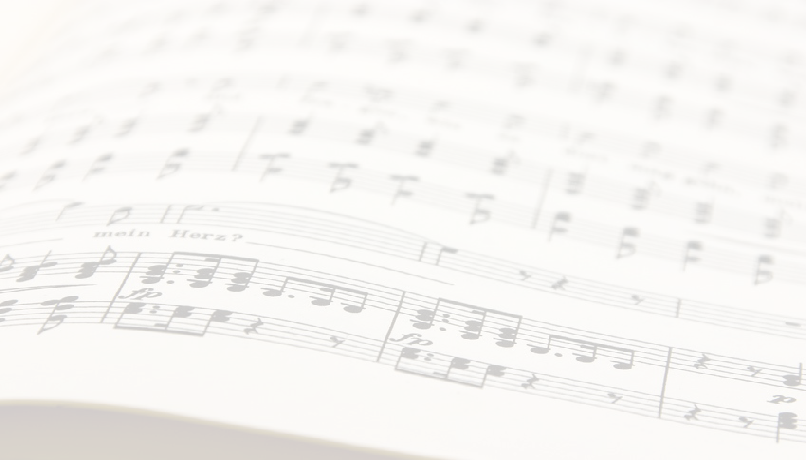
Transcribing and Arranging Service

Qualifications in the classical guitar
Qualifications in electric guitar
Qualifications in acoustic guitar

Music Exams



Help is on offer, typically, for the following:
- Parents seeking extra assistance with their children’s music studies
- Teachers and tutors requiring a confidential consultation
- Students feeling overwhelmed by the volume of material they need to recall
- Students in need of some help or strategies close to exam time
- Post-
graduates and new teachers looking for advice on lesson- planning etc.

School curriculum qualifications
- GCSE and A Level music (National curriculum)
- National 5 , Higher, and Advanced Higher music (Scottish curriculum)
- International Baccalaureate

School Curriculum
Would you like to have a piece of music or a favourite song transcribed (e.g. from a recording) and/or arranged into a preferred key or format (music notation, chords, tab)?
Your Music Mentor can undertake this work for you. Just describe your requirements in as much detail as possible for a free quote. Contact
Users of this service are typically:
- Band members
- Wedding planners requiring a special song to be performed during the service
- Vocalists needing a specific kind of accompaniment arrangement
- Vocalists requiring guitar chord transcriptions/arrangements of songs
- Less experienced musicians looking for simplified versions of their favourite music
Tuition and advice is available from beginner to advanced levels (grade 7 upwards) in classical, acoustic and electric guitar playing. Students can be assisted in many areas including:
Your Music Mentor can present students for internationally recognised graded exams in classical guitar playing from prep test up to diploma level through the following music institutions:
Your Music Mentor can present students for recognised graded exams in electric guitar playing from debut level to grade 8 through the following music institutions:
Your Music Mentor can present students for recognised graded exams in acoustic guitar playing from grades 1 to 8 through the following music institution:
Whether you have a professional interest in song writing, are a band member, composing student, or just want to write your own songs, Your Music Mentor can help you develop or improve your skills in the following:
Your Music Mentor can present students for the internationally recognised exams in music theory (from grade 1 to diploma level) of the following music institutions:
Whether a school student or a teacher, this service offers the reassurance of a resource that can be utilised for tuition and advice, be it debunking an ambiguous aspect of a school music course for a student, or offering confidential support to a teacher.
From individual student tutorials and long-
Your Music Mentor can offer all kinds of tuition and support to teachers and students at these levels of the school music curriculum:
Whether your aspirations lie in composing or arranging for solo instruments, voice, groups, symphony orchestra or even an important assessment/exam, Your Music Mentor is here to help and advise.
Assistance & tuition is available for school & exam students, teachers, band members, vocalists, student composers and all creative individuals keen to transform their ideas into a finished piece of music. Assistance can be given with:
From music lovers to those in need of a general understanding of music and music history for a course or exam, learning more about the characteristics of a musical period, style or composer automatically increases personal appreciation and enjoyment of music.
This service is geared to cater for the specific requirements of clients who may wish to increase their understanding of some or all of the following:
With more than twenty years’ experience guiding students successfully towards success in various kinds of music exam, you can have faith in Your Music Mentor if you are looking to achieve a qualification in any of the following:
Many sources of help exist for music students of all standards, but there are times when those who teach them, or who are embarking on a music teaching career, also find themselves in need of advice. Often just a single consult with an experienced, reliable source, or a simple affirmation of a teaching strategy, is all that is needed.
Even students in full-
- The Associated Board of the Royal Schools of Music (ABRSM)
- Trinity College
- London College of Music (LCM/Registry of Guitar Tutors (RGT))
- Rockschool
- London College of Music (LCM/Registry of Guitar Tutors (RGT))
- London College of Music (LCM/Registry of Guitar Tutors (RGT))
- The Associated Board of the Royal Schools of Music (ABRSM)
- Trinity College of Music
- London College of Music (RGT)
- Classical, acoustic or electric guitar practical exams and music theory exams:
ABRSM
Trinity College
London College of Music (RGT)
- GCSE, National 5, A Level, Higher and Advanced Higher school curriculum exams

